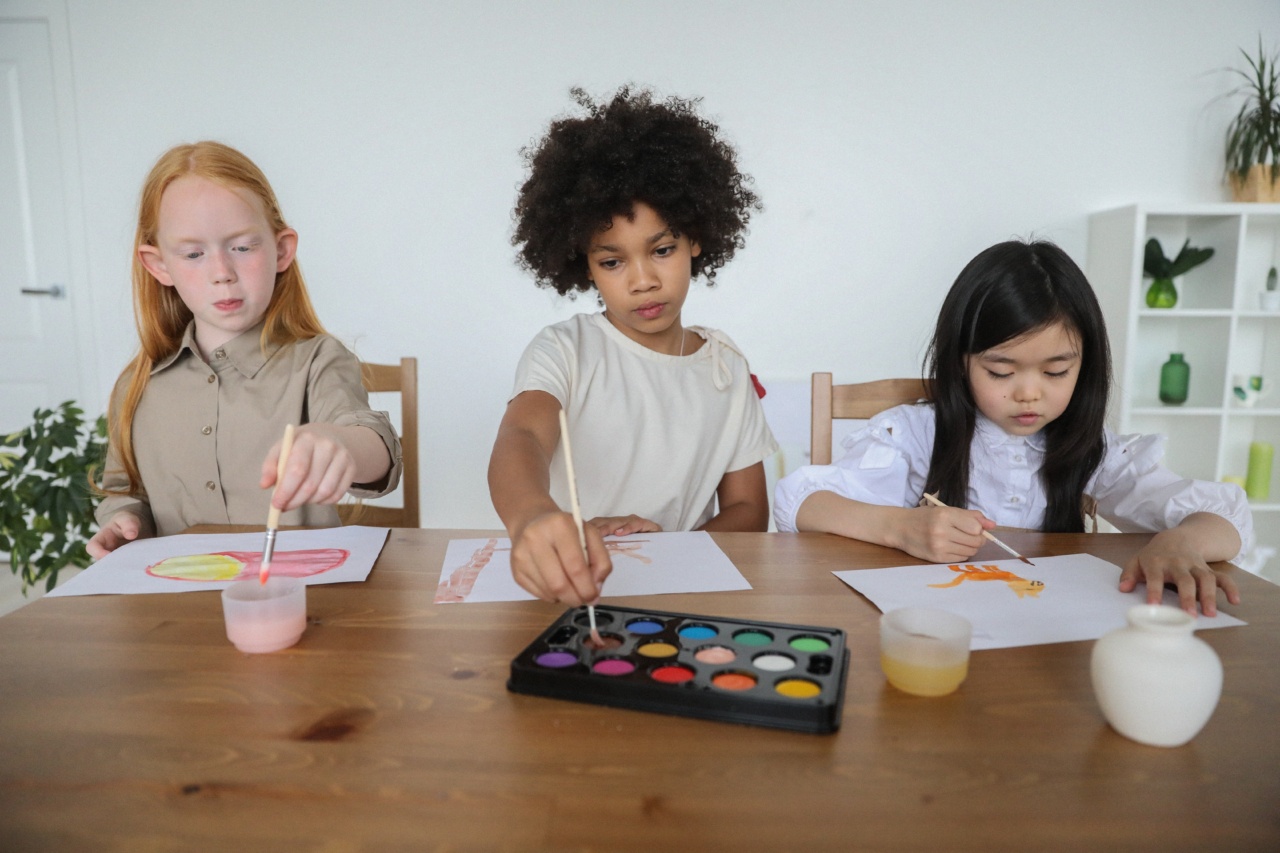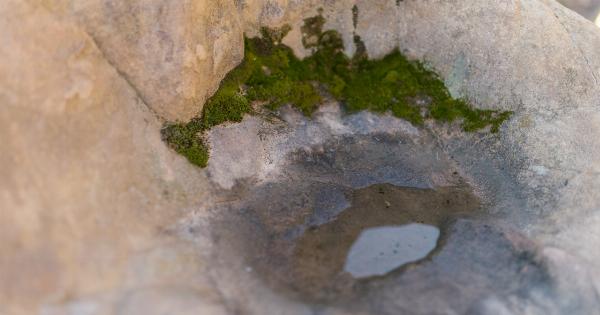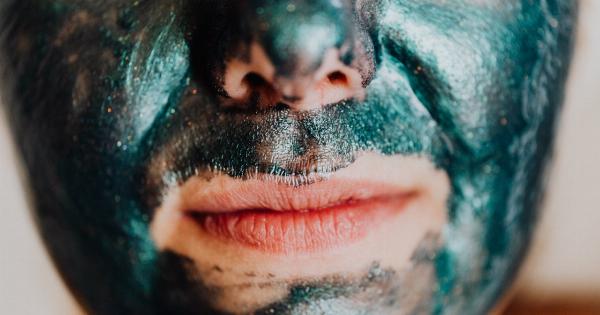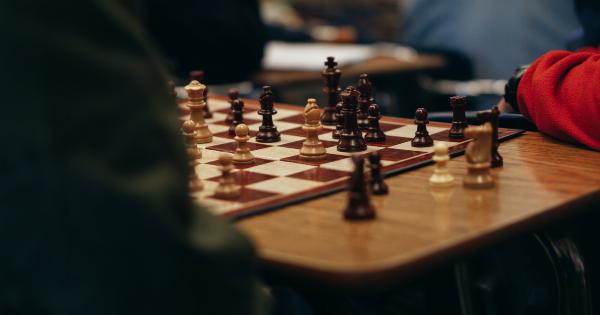Eczema is a common skin condition that affects both adults and children. It is characterized by dry, itchy, and inflamed skin, and can be quite uncomfortable and disruptive to daily life.
While there are many different causes of eczema, recent research has shown that hard water may play a significant role in the development and exacerbation of childhood eczema.
What is Hard Water?
Hard water is water that contains a high level of dissolved minerals, particularly calcium and magnesium. While these minerals are not harmful to our health, they can have negative effects on our skin and hair.
Hard water can make it difficult to rinse soap and shampoo off of our bodies, leaving a residue of soap and minerals on our skin. This can dry out the skin and lead to inflammation and irritation.
The Link Between Hard Water and Childhood Eczema
Several studies have investigated the relationship between hard water and childhood eczema.
One study conducted in the United Kingdom found that children who lived in areas with hard water were more likely to develop eczema than children who lived in areas with soft water. The study also found that children with eczema who lived in areas with hard water had more severe symptoms than children with eczema who lived in areas with soft water.
Another study conducted in Japan found a similar link between hard water and childhood eczema.
The study followed a group of infants from birth to 3 months and found that those who bathed in hard water were more likely to develop eczema than those who bathed in soft water. The study also found that infants who bathed in hard water had more severe eczema symptoms.
Why Does Hard Water Affect Eczema?
While the exact mechanism behind the link between hard water and eczema is not yet fully understood, there are several theories.
One theory is that the minerals in hard water can disrupt the skin’s natural barrier function, making it more vulnerable to irritants and allergens. Another theory is that the minerals in hard water can interact with soap and other skincare products to create a film on the skin that can clog pores and trigger inflammation.
How to Protect Your Child’s Skin from Hard Water
If your child has eczema and you live in an area with hard water, there are several things you can do to protect their skin. First, consider investing in a water softening system for your home.
This can remove the minerals from your water and make it gentler and less drying on the skin. You can also try using a gentle, fragrance-free soap and moisturizer to keep your child’s skin hydrated and protected.
When bathing your child, use lukewarm water and avoid prolonged exposure to water. Pat your child’s skin dry instead of rubbing it with a towel, and apply moisturizer immediately after bathing to lock in hydration.
Conclusion
While more research is needed to fully understand the relationship between hard water and childhood eczema, the evidence so far suggests that hard water may be a contributing factor in the development and exacerbation of eczema in children.
By taking steps to protect your child’s skin from the effects of hard water, you can help manage their eczema symptoms and improve their overall quality of life.































